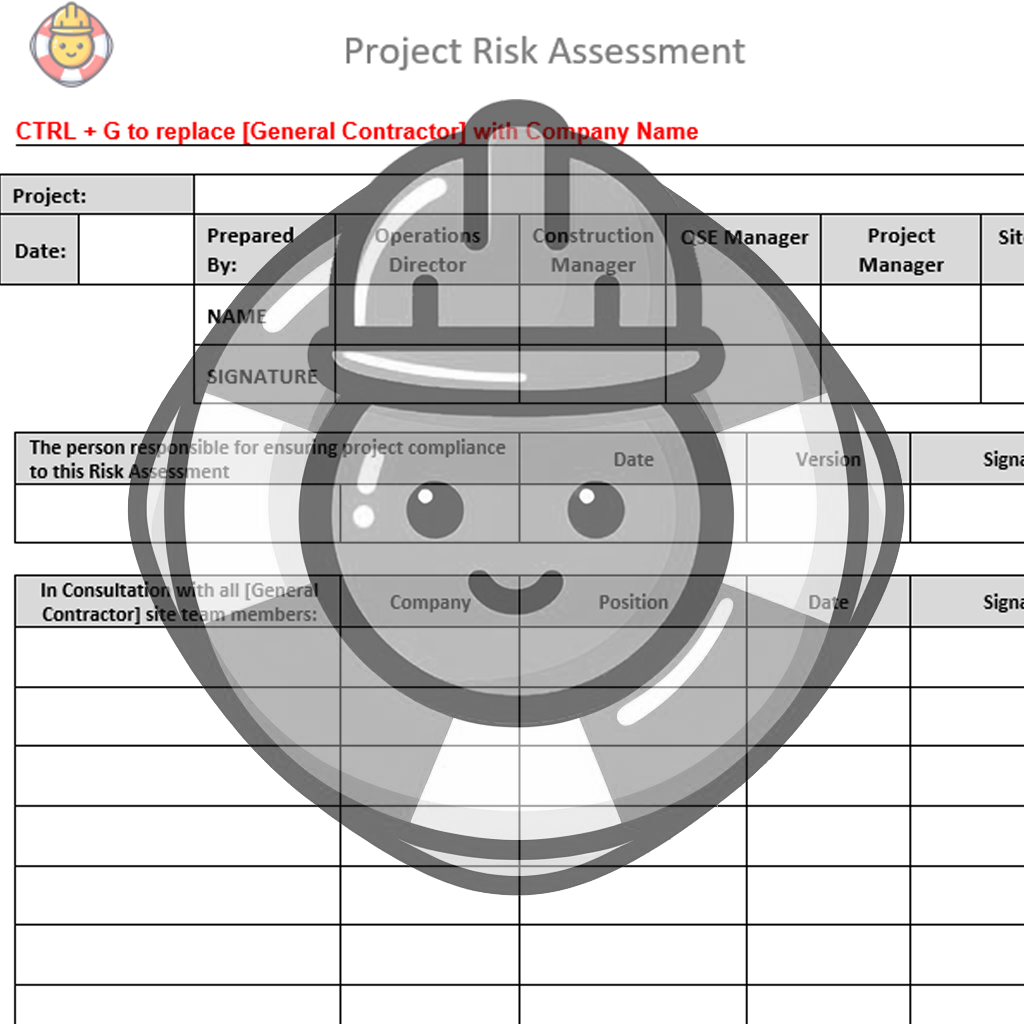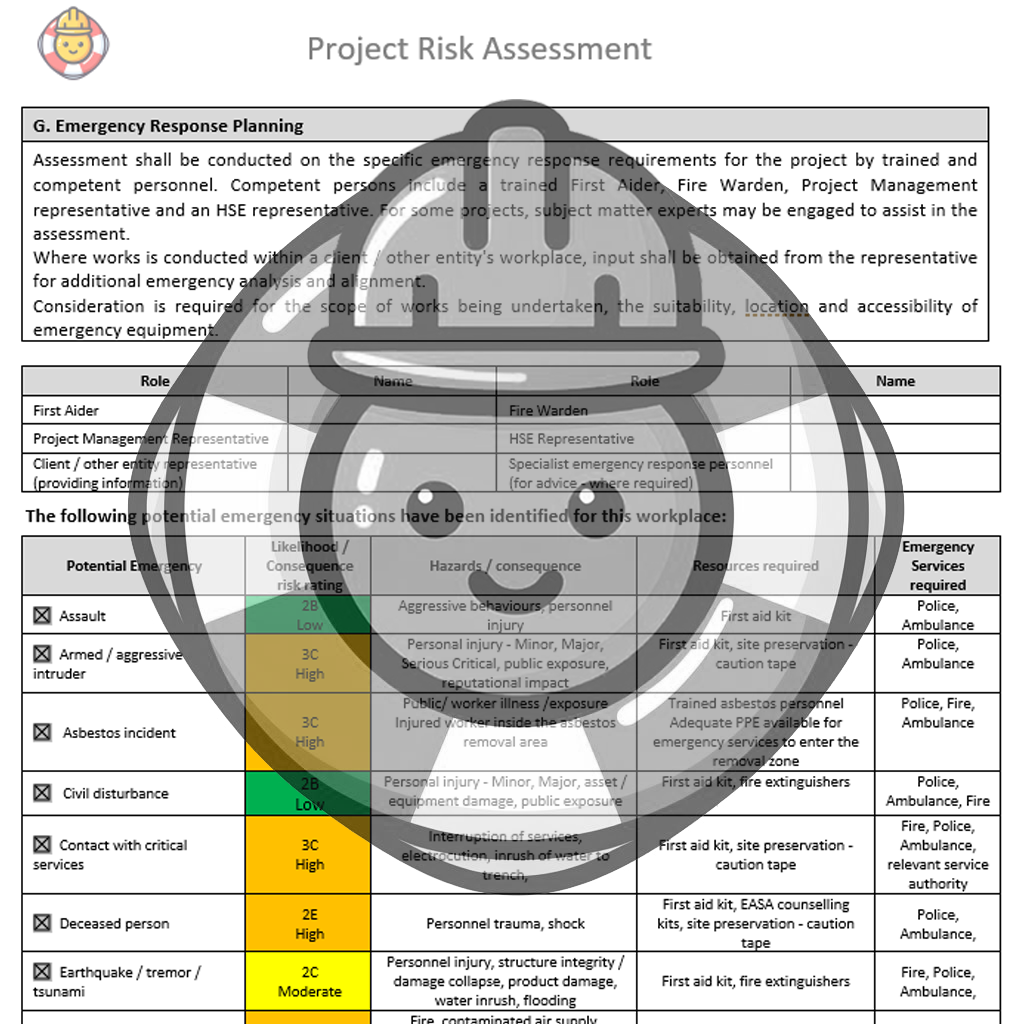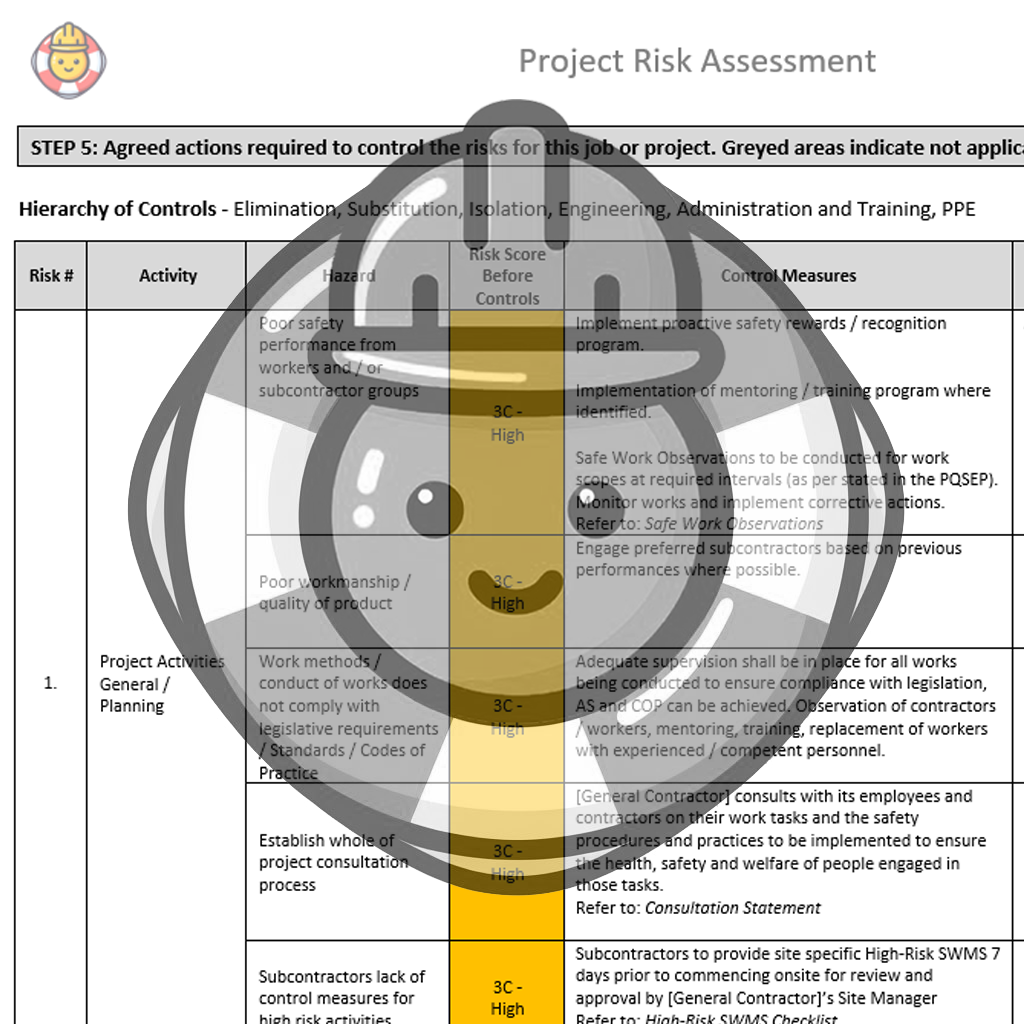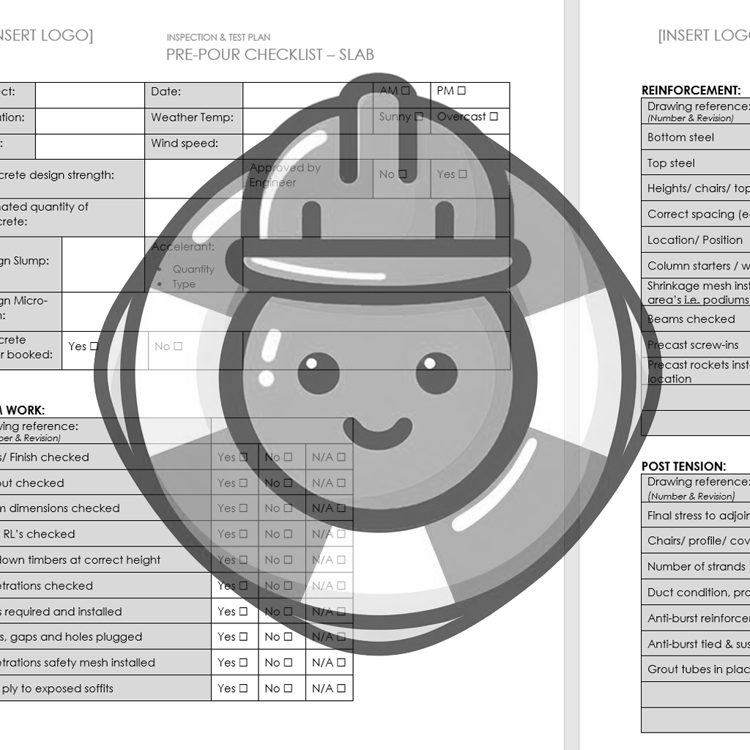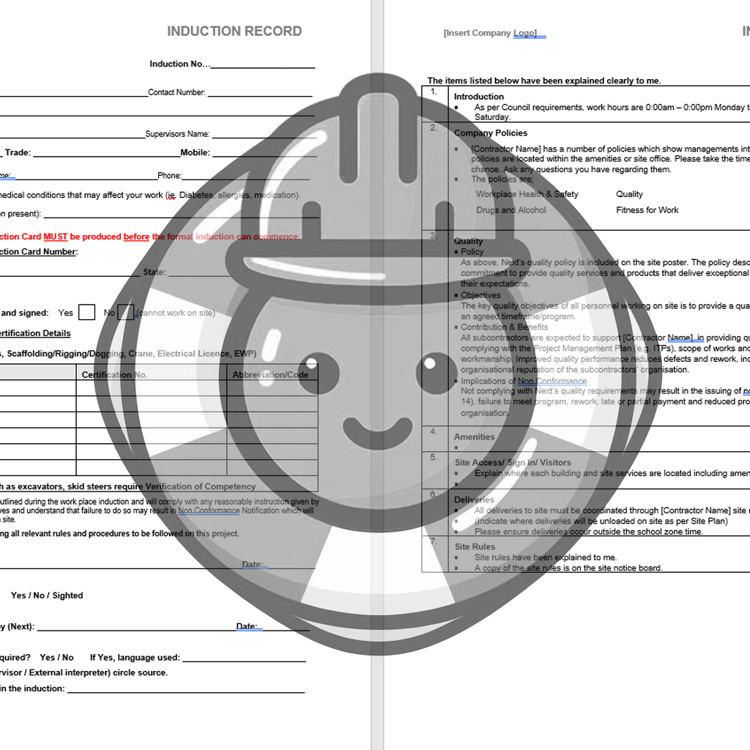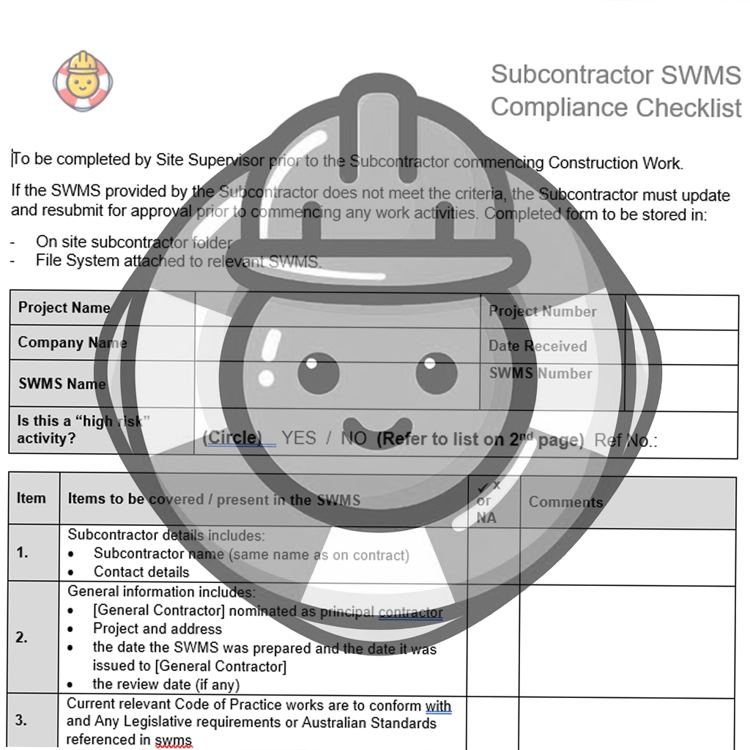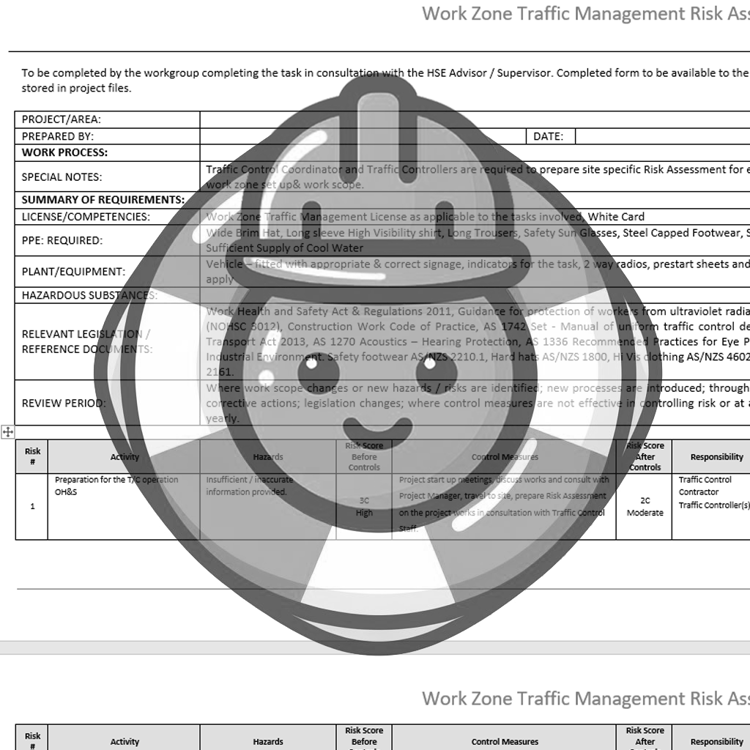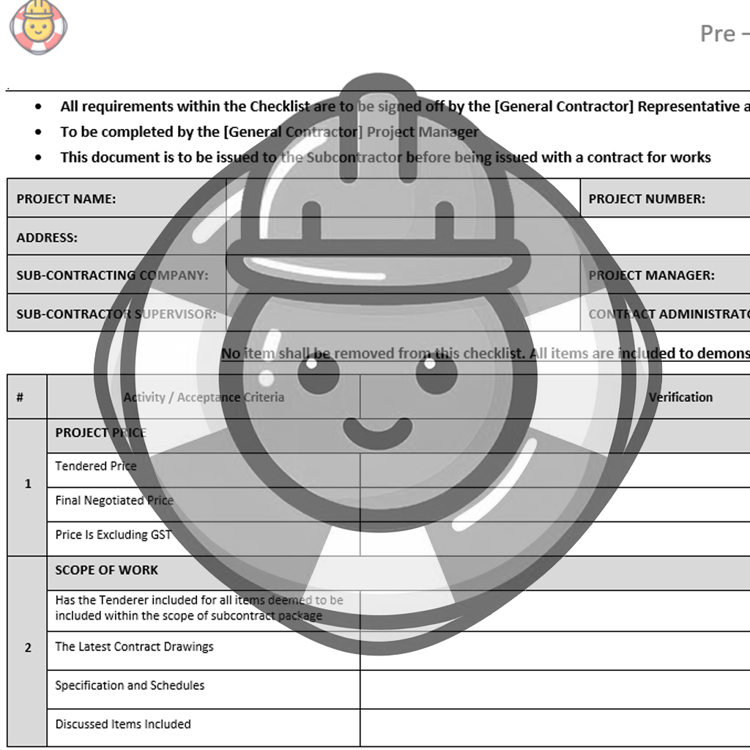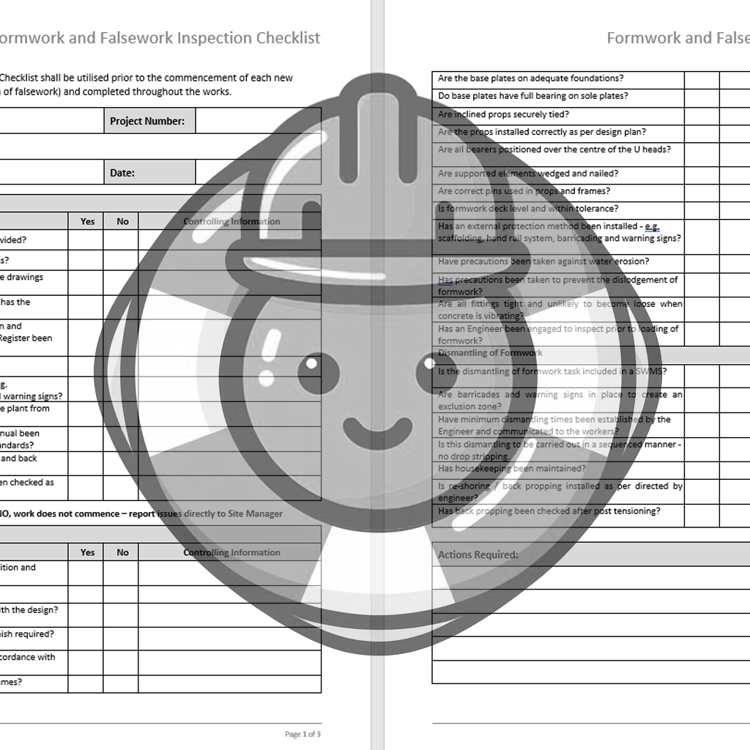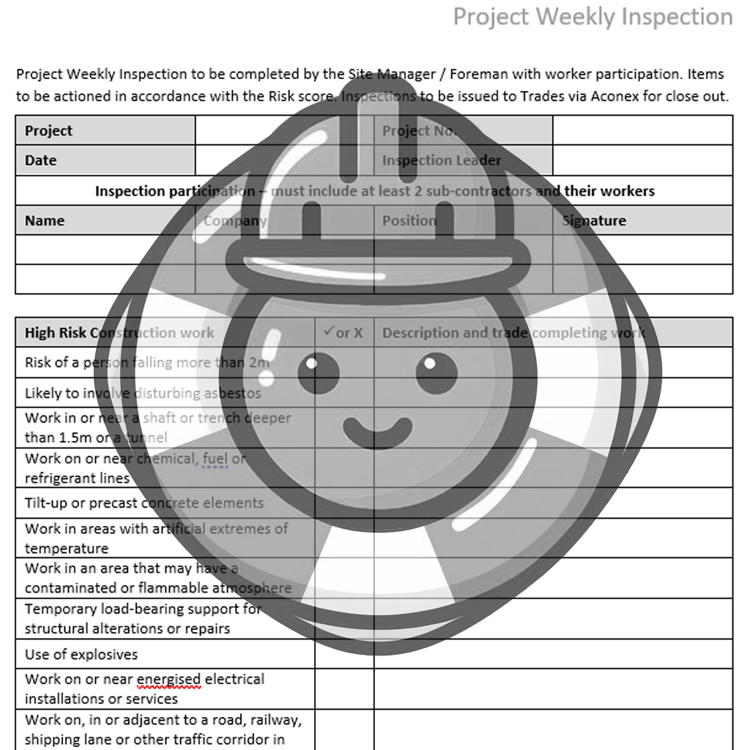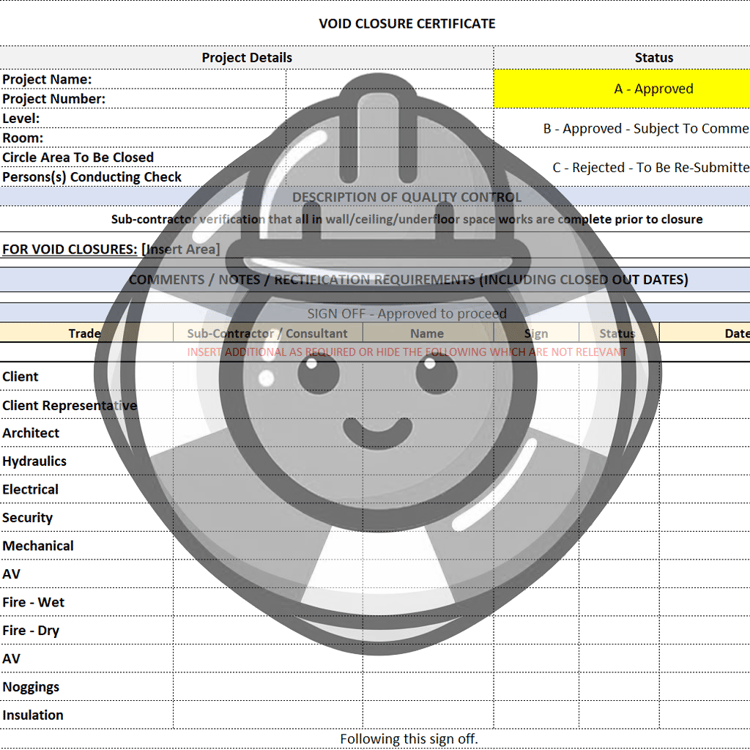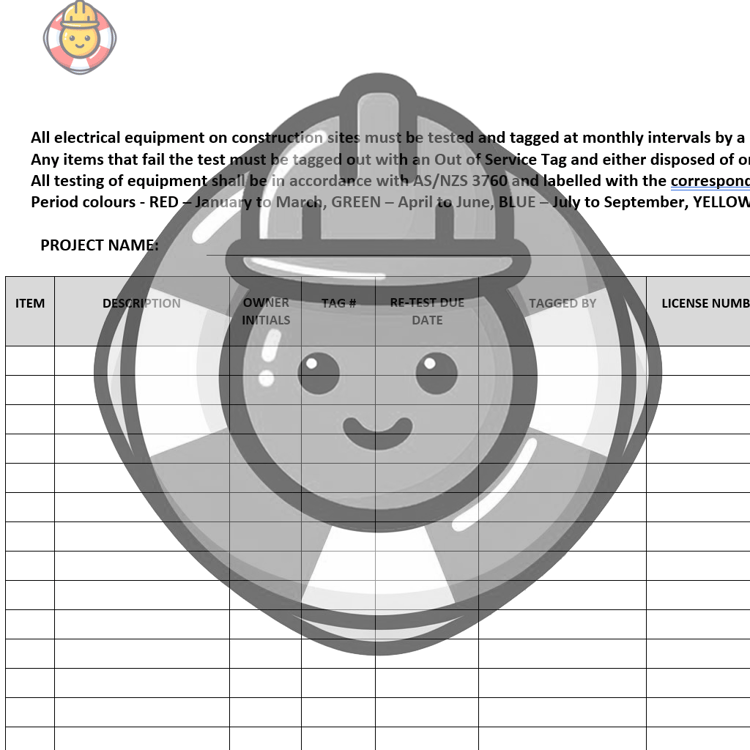Project Risk Assessment
A Project Risk Assessment is a systematic process used to identify, analyze, and manage potential risks that could negatively impact a construction project. This process aims to ensure that potential problems are recognized early and mitigated to minimize their impact on the project's objectives, including cost, schedule, quality, and safety.
Key steps in a Project Risk Assessment include:
- Risk Identification: Identifying potential risks that could affect the project. These can include financial risks, safety risks, environmental risks, logistical risks, and more.
- Risk Analysis: Assessing the likelihood and potential impact of identified risks. This can be done qualitatively (using expert judgment) or quantitatively (using statistical methods).
- Risk Evaluation: Prioritizing risks based on their potential impact and likelihood, determining which risks need immediate attention.
- Risk Mitigation Planning: Developing strategies to reduce or eliminate the impact of high-priority risks. This can include creating contingency plans, implementing safety measures, or adjusting project plans.
- Risk Monitoring and Control: Continuously monitoring risks throughout the project lifecycle and adjusting risk management strategies as needed.
- Documentation and Communication: Keeping detailed records of identified risks, analysis, and mitigation plans, and ensuring that all stakeholders are informed and understand the risks and their management strategies.
By performing a thorough risk assessment, construction project managers can improve the chances of project success and reduce the likelihood of unforeseen issues derailing the project.


